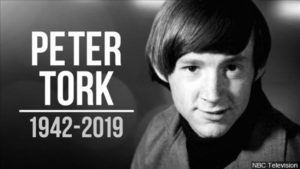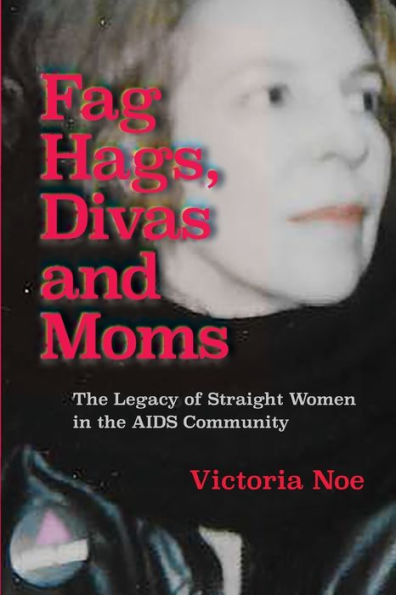Another Celebrity Friend Dies
 I confess to being fascinated by the response when a celebrity dies. Few, if any, of those posting online tributes had ever met that person, much less counted them as a friend. But they still considered that person to be at least ‘like’ a friend.
I confess to being fascinated by the response when a celebrity dies. Few, if any, of those posting online tributes had ever met that person, much less counted them as a friend. But they still considered that person to be at least ‘like’ a friend.When David Bowie and Prince died, the tributes went on for months. People shared their favorite songs and what the music meant to them. Some even changed their avatars, in honor. I suppose that was understandable: Bowie and Prince were superstars, well-known around the world, with long, ground-breaking careers. So it surprised me this week when the death of a lesser star provoked almost equally strong sentiments.
Peter Tork was part of a 1966 phenomenon: The Monkees. Network television, eager to take advantage of the popularity of the Beatles, created a weekly sitcom about the adventures of a band that was not so successful.
Known derisively as the “Pre-Fab Four” (the Beatles were known as the Fab Four), they still became a hit show for two seasons. They went on tour, though they did not draw the audiences that the Beatles did. Though their musicianship was not as strong, but most fans didn’t care.
Ringo was often thought of as less-talented, less-serious than his fellow Beatles. In the Monkees that role fell to Peter Tork. Though a solid musician, his persona was naive and goofy. And while debates could rage among teenage girls as to which one of the group was the cutest or most talented, one thing was not up for discussion. Everyone agreed that Peter was the sweetest, kindest Monkee. I don’t ever remember a word of criticism being uttered about him.
When his death was announced, I thought there would be almost no response in my newsfeed. After all, he did not have a high profile, nor did he seek one. He wasn’t in the public eye. Boy, was I wrong.
Time after time, I saw posts from people my age and younger, mourning the loss. While many of them were women, a shocking number were men, gay and straight. A few had met him at one of his solo performances. All had the same response: what a sweet, kind, generous man.
Why grieve for someone who wasn’t that big a star, someone you’d never met, someone whose music you probably hadn’t played since Nixon was president? Because he was a part of each and every person who grieved for him.
It’s why we grieve whenever a celebrity dies: they remind us of ourselves. Not that we believe we are talented musicians. But because their music takes us back to a time when our lives were simpler, when everything seemed possible, our lives ahead of us.
You’ve probably had the experience of hearing a song on the radio that you hadn’t heard in many years. Whether or not you remember the lyrics - and you probably do - your mind instantly goes back to your past. Maybe it was when you heard the song the first time. Maybe it was who you were dancing with, or where you bought the album. That music provided the soundtrack to that time. When you mourn them, you’re mourning that little piece of your life.
So, thanks, Peter, for always being the guy who knew right from wrong, and could get angry without being mean. Thanks for showing us the simple joys of playing bass with your friends.
You and your smile will be missed.

